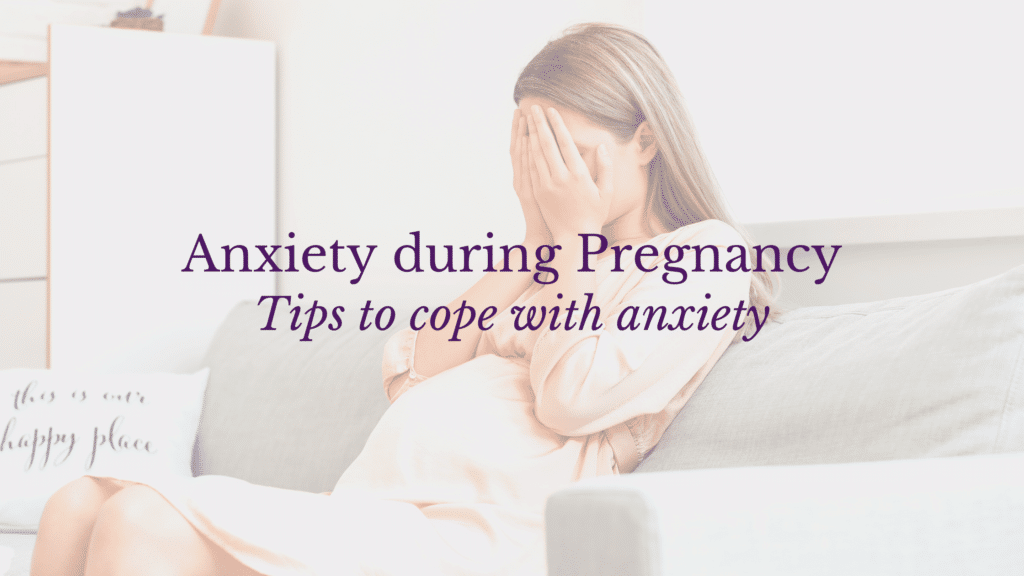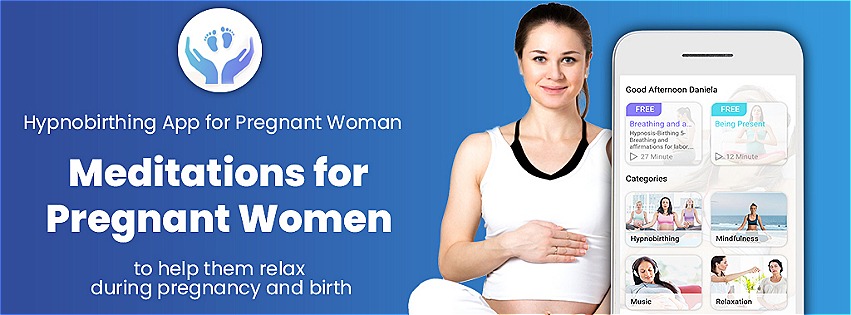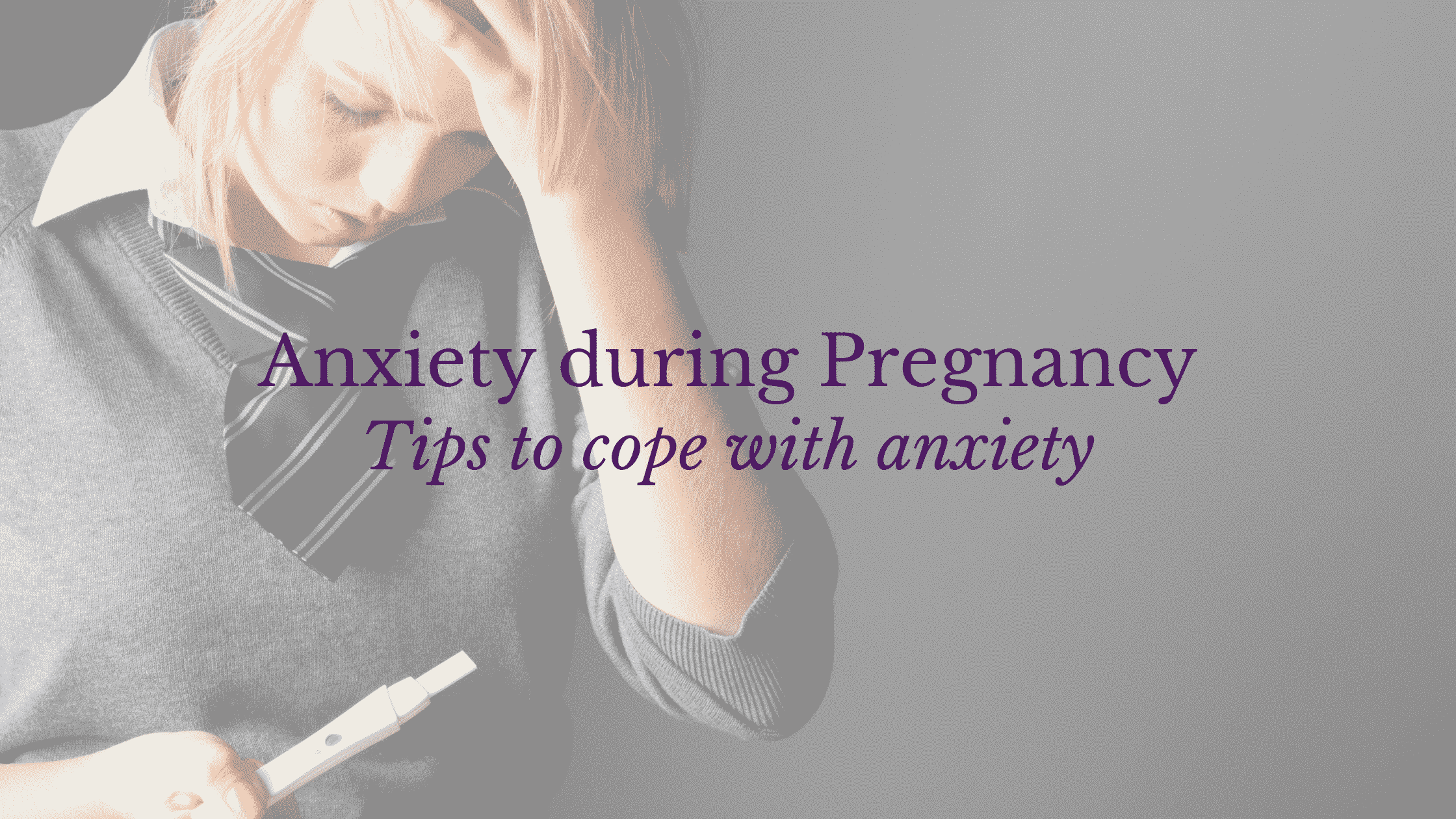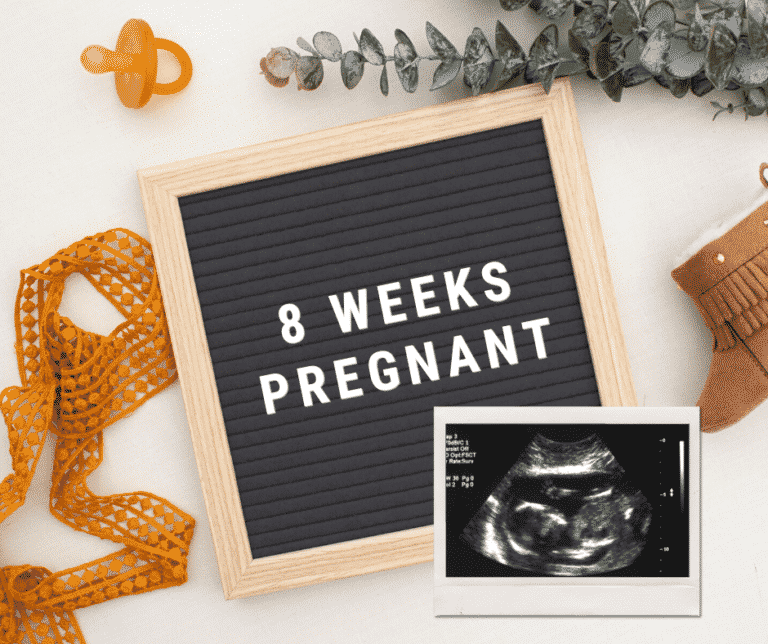Anxiety and Pregnancy: How To Deal With Stressful Situations
Published on December 13, 2021 – Last Updated on May 11, 2022
When you’re pregnant, it’s natural to feel a range of emotions. For example, you may be excited about the upcoming arrival of your baby. Still, you may also experience fear, anxiety, or stress, so for this reason, you will need to learn how to cope with anxiety during pregnancy, labor, and birth. While some amount of stress is normal during pregnancy, too much can be harmful to both you and your baby. In this post, we’ll discuss how to deal with stressful situations when you’re pregnant. We’ll also provide tips for managing anxiety and reducing stress. If you’re feeling overwhelmed by stress and anxiety, please speak with your doctor for help.
What Causes Anxiety During Pregnancy?
There can be many causes of anxiety during pregnancy. For example, some women may feel anxious because they are worried about their baby’s health or feel stressed about changes in their body or lifestyle. Other women may feel anxious because of previous traumatic experiences such as a difficult labor or birth, a miscarriage, or a traumatic event in their lives. Additionally, anxiety can be caused by hormonal changes, lack of sleep, or stress from work or home life.
Pregnant Women and Anxiety Disorders
Anxiety disorders during pregnancy make it more likely that you’ll have postpartum depression after your baby is born. If you struggle with an anxiety disorder before becoming pregnant, then your risk for postpartum depression increases even more than if you were dealing with anxiety during pregnancy. It’s important to speak with your doctor if you feel overwhelmed by stress and anxiety because untreated depression can have serious consequences for you and your baby.
The Effects of Anxiety on Pregnancy

Anxiety can affect your pregnancy in a number of ways, but it may begin before you even realize that you’re pregnant! For example, stress can cause you to have irregular menstrual cycles, making it more challenging to know when you are ovulating. This means that you might not get pregnant immediately after trying or that your pregnancy may be at risk if you have sex without birth control.
Lack of sleep is another common consequence of stress during pregnancy. Not getting enough sleep can lead to fatigue, making it difficult to cope with the demands of pregnancy. Additionally, studies have shown that chronic stress can cause problems with the developing baby, such as low birth weight or premature birth.
Check out our post on the best apps for anxiety.
Where do we feel the anxiety during pregnancy?
You may be experiencing anxiety if you’re feeling these symptoms: increased heart rate, sore stomach and chest; difficulty falling or staying asleep; racing thoughts about the future.
- In your body (increased heart rate, sore stomach, and chest)
- In your mind (racing thoughts about the future, imagining worst-case scenarios, etc.)
- Avoiding certain situations, activities, places, or people; over-controlling; asking others for constant reassurance; checking things repeatedly.
Many signs may indicate pregnancy, such as increased heart rate and blood flow. However, one of the most common symptoms for pregnant women is hunger pangs! It can be challenging to sleep well at night or remember simple tasks; however, it’s important not to let these minor occurrences bother you because your body needs more nutrients than usual to keep up with growth hormone production from both mother/ fetus (1). Other possible indications include irritability coupled with a lack of concentration power, which could lead to one feeling forgetful even though they were trying hard last week before all went downhill. Muscle tension manifests itself through grinding teeth while lying awake worrying about deadlines looming ahead (2); Difficulty concentrating on a task requiring attention span (3), nausea and vomiting, breast tenderness, and frequent urination.
Panic Attacks and Pregnancy?
If you have frequent panic attacks during your pregnancy, it is essential to seek help in order to determine what causes these panic attacks. If you are diagnosed with an anxiety disorder before becoming pregnant, then the same treatments that were found helpful prior to pregnancy can be continued during pregnancy.
If you have a general feeling of being on edge all the time with no sign of relief in sight – then it could be worth talking to your doctor for an assessment, or if you’ve already talked to them and they think that this is just the way things are now – then knowing what you’re up against will help. Remember that how you feel about yourself, your life, etc., affects how you act because it’s all part of the human experience.
How To Avoid Panic Attacks and Anxiety Disorder?
So in order to avoid anxiety symptoms or, even worse, develop a severe anxiety disorder, the best way is to search for a pregnancy app and connect with other expecting mothers. This will help you reduce the feeling of isolation and remind you that you are not alone.
The best way to avoid developing antenatal anxiety is by using several deep abdominal breathing. In addition, the practice of hypnobirthing has helped many women to improve their mental health during pregnancy, labor, and birth.
For that reason, we have developed the best hypnobirthing app top where you can find the best relaxation techniques for prenatal stress.
Hypnobirthing Mom App – Your One-Stop App for Pregnancy, Labor, and Birth
Using an app to help you during labor and birth is a great idea. The hypnotherapy techniques it offers will reduce the fear of experiencing pain or discomfort, which can significantly increase your chances of success!
The Hypnobirthing Mom App uses audio-guided meditations that are designed specifically with pregnant women in mind – so much easier than meditation videos on Youtube 😉 Learn relaxation skills such as visualization before labor begins; use these visualizations throughout pregnancy instead if anxiety strikes again because we all know how hard this time period seems sometimes.
Having an app with prenatal exercises is a great idea too. Most mothers gain weight during pregnancy, so the more you can do before delivery, the better – even if exercising yourself!
Download iOS: Hypnobirthing app
Download Android: Hypnobirthing app

Benefits of using a Hypnobirthing app:
- Manage easier emotional or behavioral challenges you may face during pregnancy.
- Manage pregnancy anxiety or generalized anxiety disorder.
- Reduce the amount of pain you may feel during labor.
- Improve your birthing experience.
- Help you to connect with other pregnant women.
Tips for managing anxiety during pregnancy
Practice self-care
So many women have a hard time during pregnancy, and it’s not just the physical symptoms that are difficult to handle. The emotional stress of being pregnant can be brutal, too! You may experience anxiety or depression for no clear reason; you might feel overwhelmed with worries about your job, finances, or family; Finally, you might find yourself feeling bored or lonely despite having plenty of people around who care about you. Some days, you wake up exhausted when all the excitement has worn off from carrying this child inside of you, especially when morning sickness becomes everyday. It’s understandable if your moods seem to swing wildly in different directions every day. This is completely normal! But how do we deal with these emotions? We need to take care of ourselves in order to take care of our unborn child.
Here are some of the best tips you can use:
- Get enough sleep. This is crucial, especially when your body is going through so many changes. Try to go to bed, wake up simultaneously each day, and give yourself time to relax before bed.
- Eat a healthy diet. There are so many changes that happen to your body when you’re pregnant, and it’s easy to let yourself go in terms of food choices. But by eating a healthy diet filled with whole foods, you’ll feel better both physically and emotionally!
- Exercise regularly. You may not feel like exercising when you begin your pregnancy journey, but it’s a great way to boost your mood and energy levels. Try to find an activity you enjoy, and be sure to talk to your doctor before starting any new exercises.
- Connect with other moms-to-be. It can be so helpful to connect with other women who are going through the same thing as you. Find a support group, or join an online forum where you can share your experiences and advice.
- Seek professional help if needed. If you’re struggling to manage your anxiety symptoms or they are significantly impacting your quality of life, it’s important to seek professional help. A therapist or counselor can provide you with the tools you need to manage your stress levels more effectively.
Take some time for yourself every day. Even if it’s just for five or ten minutes, take some time to do something that relaxes you. For example, read your favorite book, take a hot bath, or listen to calming music.
Limit your news and social media intake
It’s so easy to get wrapped up in all the bad news out there, and it can be really tough to avoid it altogether. But try to limit your exposure as much as possible, especially during the later stages of your pregnancy. Too much negativity can harm your mood.
Talk about it whenever you are feeling anxious.
If you’re feeling anxious, talk to someone about it – your partner, friend, or even a therapist. It can be beneficial to express your feelings and get some feedback and support.
Find ways to get rid of stress and anxiety during pregnancy.
Physical activity can be one of the best ways to manage stress and anxiety. The release from endorphins, which act as natural painkillers in our brain, will help you feel less anxious by releasing those neurochemicals that are responsible for feelings such as happiness or contentment–they talk more volumes than any medicine! It is important not only during times where we may need a break but also on days when it seems hard just get going because movement provides an instant boost both mentally & physically, helping with mood disorders associated symptoms including depression/anxiety as well as increased vitality (movement has been shown time after again).
Aerobic activities like walking have been researched as a “de-stressor” that can help ease moods and even improve depression.
So as you’re making your list of New Year’s resolutions, why not add keeping yourself & baby healthy & happy to the top of the list! Please ensure to talk to your doctor before changing any fitness or health routine during pregnancy.
Women’s mental health improvement means a calm mind
Meditation, acupuncture, and massage therapy are all ways that you can release endorphins without working up a sweat. In fact, according to The American Institute of Stress, they recommend deep abdominal breathing for 20-30 minutes per day in order to help with anxiety! To try it first, get yourself comfortable seated where there is enough space between your thighs so there isn’t any tension on either side. Then close both eyes while taking slow breaths through pursed lips as if trying not to let air escape from inside your body (inhaling deeply). Next, imagine holes appearing at each point of contact this allows more oxygen to flow into the brain, which helps stimulate the nervous system by releasing dopamine, melatonin, serotonin & endorphins.
This all helps with the nervous system giving an instantaneous mood swing & reducing anxiety symptoms effectively without increasing heart rate or blood pressure!
Also, try out hypnobirthing techniques, hypnobirthing classes, and birth affirmations as they contribute a lot to preventing antenatal anxiety.
Get enough sleep
You can easily manage anxiety or depression and prevent any panic attacks if you get enough sleep at night. Unfortunately, a mother’s sleep can be disturbed due to the stress of being a parent, and sleepless nights during the early years cause around 70% percent of adults to suffer from mental health problems.
The best thing you can do for your baby is to get a good night’s sleep because that will give you more energy and make it easier for you to deal with whatever challenges come your way.
Journal your pregnancy
Another great way to keep yourself in good spirits is to journal your pregnancy. When you are feeling down, use your journaling time to write out everything that makes you happy about being pregnant!
These include your baby’s movements, feeling kicking and fluttering, and seeing your baby on an ultrasound. In addition, list the different foods that you love to eat this pregnancy–because we all know it won’t be long before certain cravings take over! Also, list what you believe may be signs of labor because many women experience these “signs” prior to going into labor.
Include a photo of your baby bump in your journal, and write down at least one thing that you love about your growing baby each day. This exercise can help keep you positive and remind you that you are growing a beautiful human being inside of you!
Does anxiety affect my baby?
Anxiety and stress may affect your child in ways that cause you problems. You may experience anxiety when you’re pregnant, but you’re now starting to worry. There are extremely low odds, in fact, with an anxious newborn, even when it is treated and cared for.
The more you relax, the better. If your biology is used to this anxiety, it will be easy for your child to get used to the effects of stress on pregnancy. This does not mean that anxiety affects your child or presents any problems during birth or after. It simply means that the more relaxed you are, the less stress you put on yourself, and the easier it will be for your child.
Conclusion
This article concludes that anxiety during pregnancy does not affect the baby. Anxiety only affects the mother, which in turn can cause problems for her child, but it’s still important to get enough sleep and stay relaxed. It also helps if you journal your thoughts about how happy or excited you are with being pregnant–then list things that make you feel good and take care of yourself by listening to your body and seeking professional help when needed. Remember: This doesn’t mean that there’s a big problem with the fetus! You don’t need to worry because even if something were wrong, doctors would be able to tell before labor starts so they could provide treatment options accordingly. If getting through these nine months seems daunting, try some hypnobirthing techniques!
So, now that we know a bit more about anxiety during pregnancy, what can we do to help ease these feelings?







